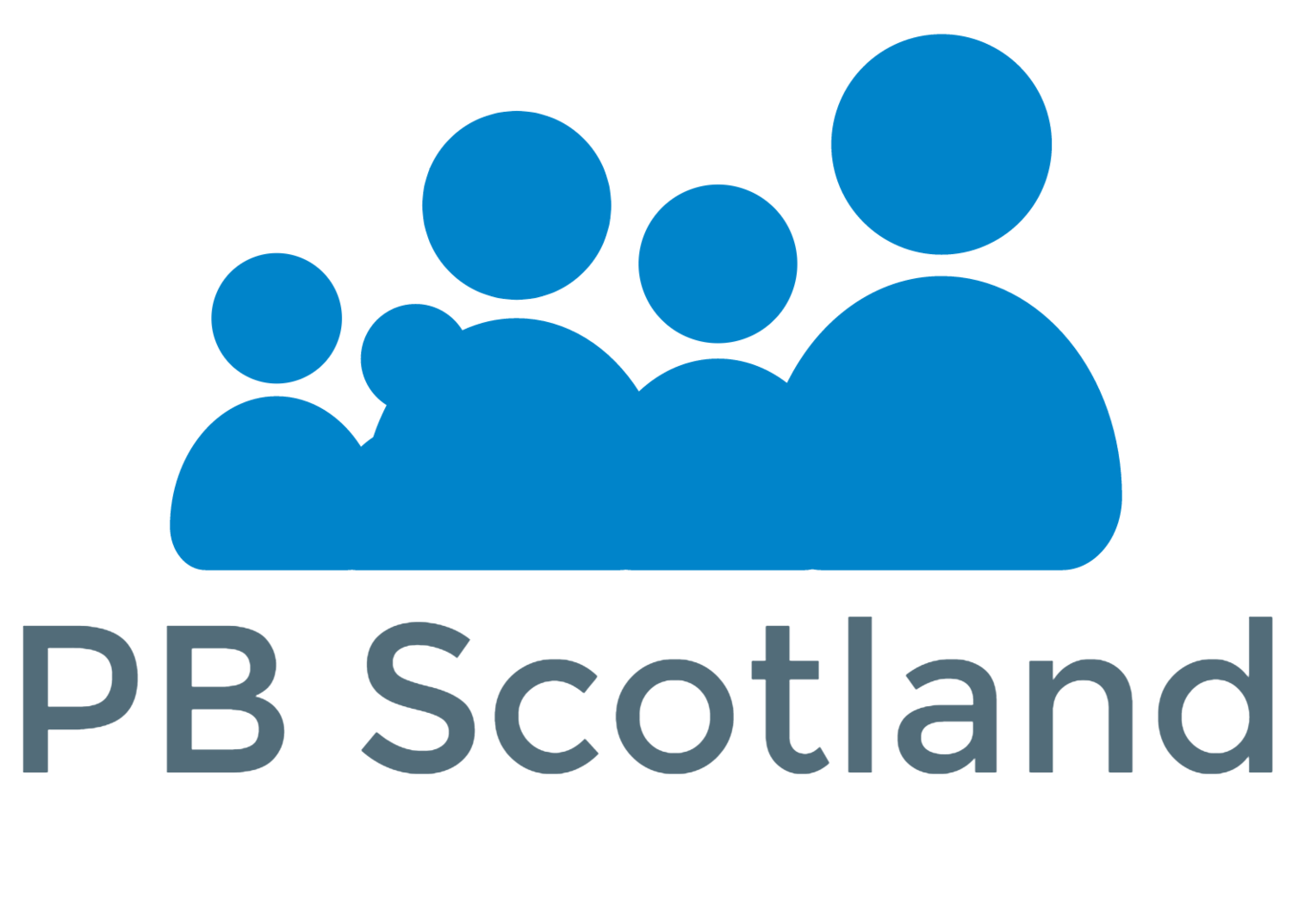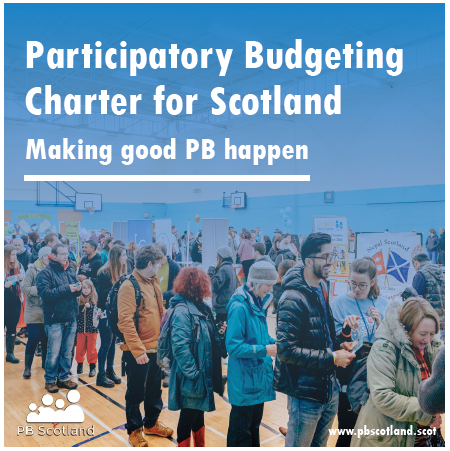Using PB to challenge the poverty of participation in Ferguslie Park
/Here, David Reilly, Communities and Networks Manager at The Poverty Alliance shares his reflections the role of participation and poverty in communities familiar to him - and the difference those communities can make when they have the power
Both pieces were adapted from David’s presentation at the PB Conference 2022, and have been published as part of Challenge Poverty Week.
Ferguslie Park is a scheme, a housing estate isolated outside of Paisley in Renfrewshire. I grew up not too far away, close enough to know of the reputation. A bit of a bogey man place.
My first job during the school holidays was working with my dad on a building site in Ferguslie in 1995. The whole place had flooded, there was loads of rebuilding. We were gutting out tenements ahead of them being done up. And while I was there the Queen came to open the Tannahill Centre, a new Community centre.
Fast forward 20-odd years and I’m back in Ferguslie because they’d received community choices funding to run a PB process. It still had a reputation. It was still being redeveloped. It was still prone to flooding.
But now it had come top of the SIMD rankings, making it officially the most deprived place in Scotland. I met loads of community heroes there and that was a tag they all hated.
Brilliant people lived there but fair to say it was a community under strain, and not everyone was pulling in the same direction. I found a lot of distrust which I think was because of the way Ferguslie had been problemised, and how regeneration had been done AT the community.
I think they felt disrespected by professionals who would fly in, faff around and fly off. It didn’t seem like fertile ground for a PB process.
But they did it. It was youth-led and then opened out to the whole community. The wonderful YoMo supported the process. It was as transparent as could be and it brought the community together, boosting a new sense of solidarity.
Building relationships
Solidarity that stood them in good stead during Covid lockdowns, where the Tannahill Centre now co-ordinated a community response of mutual aid and fun stuff, like community bingo that brought folk out their flats at the weekend.
Jamie Mallan manages the Tannnahill Centre and he told me it was ‘the relationships built through the PB process, and community groups boosted or founded by PB funds, that they relied on’.
On voting day I met Mark Small. Mark described himself as just being a dad who was sick of seeing bikes abandoned around the scheme. He came to the PB process with an idea to collect up the bikes, recycle them with local young people, sharing skills and putting free bikes into the community. The community awarded his idea £500.
Own Yer Bike now recycles bikes across Renfrewshire in Partnership with the council. They’ve generated jobs, skills, learning, given out bikes. And best of all, there’s bike rides around the scheme, where kids on bikes take precedence over traffic.
Now people in the community- like Terry McTernan, chair of the community council - are clear that they link efforts to caring for the community and environment as a clear attempt to both fight against poverty and forclimate justice.
And that is all the more powerful because it comes from the community. Terry stood up at a COP26 fringe event and said:
‘In all my 41 years Ferguslie has been getting regenerated, it never stops. All my life things have been done to us in Ferguslie. PB has been revolutionary in Ferguslie Park because the community takes the decisions.’
I share this because when we think about fighting poverty, we need to do it:
with people in communities
and think both long term and short term.
In Ferguslie Park you could take your pick of policies – anti-poverty, public health, climate justice – but what worked was working with the community, respecting them. That’s a guiding light the Poverty Alliance shares with PB.
Boosting income, cutting costs, tackling stigma
I am lucky to now have the chance to continue to work with people in Ferguslie Park with the Poverty Alliance. Our member organsiations across Scotland come together to combat poverty together.
We work with people experiencing poverty, learn from their experiences and their solutions, combine that with strong research work to make effective policy and campaigns. We know the changes that make a difference in people’s lives; boosting incomes, cutting costs, and tackling stigma.
Going into the pandemic a quarter of children in Glasgow were growing up in poverty, and one-fifth of adults across Scotland. We are now in the grip of a cost of living crisis caused by. inflation, stagnant wages, insufficient benefits and social support, and energy bills four times higher than they were when we were hit by Covid.
I don’t have the words to articulate the scale or the depth of impact this is having on people. Poverty is affecting more people than ever, many for the first time.
But it’s not equally spread, women are often the managers of family poverty, choosing to miss out on meals themselves to feed children. Disabled people are particularly vulnerable to the impact of insufficient social security and rising energy costs. Both bore the brunt of austerity.
When we take an intersectional lens we can see the amplified impact on groups oppressed by poverty anddiscrimination and who bear the brunt of a hostile environment of sanctions and benefit caps.
We risk life-long and life-limiting impacts, driving many of the public concerns that so much of the 3rd sector in Scotland works to combat - health inequalities, mental health, addiction, homelessness.
It can feel like too much sometimes but we repeat Raymond Williams: “to be truly radical is to make hope possible rather than despair convincing”.
Challenge Poverty Week brings focus on the reality of life in poverty and the changes that can make a difference. We’d love you to get involved!
We know that there are solutions that work, uplifting Universal Credit, free public transport, dismantling benefit caps and two child limits. Short and long term.
Ultimately the solution to poverty is found through politics. Democracy is central to social justice.










